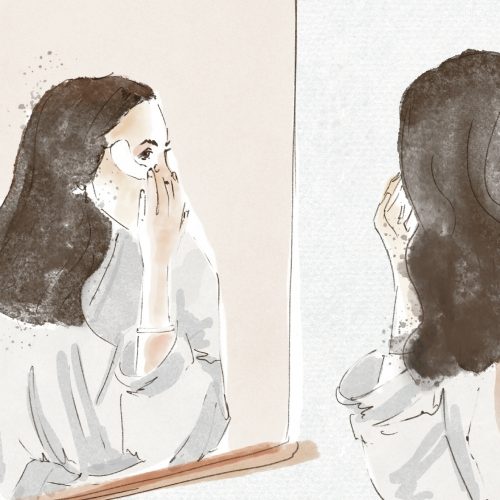Guide to Declutter Your Home Sustainably
Decluttering has been a very trendy activity for quite a while. It is easy to see why: decluttering is both satisfying and highly beneficial. Having objects we do not use laying around our house or catching dust in a closet may sound harmless. But, perhaps surprisingly, scientists do not seem to agree with this stance.
Many studies show that living in a cluttered space can have a negative impact on our life and mind. That’s why keeping our home clutter-free is beneficial to our overall well-being. But when we do this, we should also be mindful of how we dispose of the items we no longer use. Because if we do our decluttering incorrectly, our first home will be immaculate, but our second home, the Earth, will become even more cluttered. Keep on reading to find out how to declutter sustainably.
MESSY ROOM, MESSY MIND
Living in cluttered, chaotic environments does not just ruin the overall aesthetic of our everyday life. But it can also negatively impact our life in so many ways, as chaos disturbs our emotional well-being. A study conducted by Syracuse University and Cornell University shows that living in a messy and distracting space can lead to overeating. Clutter can also cause a significant decrease in satisfaction, and according to a study conducted at St. Lawrence University, the people who hoard objects tend to sleep worse than those who keep their space tidier.

THE PROBLEM WITH MINDLESS DECLUTTERING
Our Earth has a huge trash problem. Our waste is everywhere, from the top of the mountains to the bottom of the sea. So much so that even remote places are affected by this phenomenon. The uninhabited Henderson Island, for instance, has its shore littered with trash coming from all four corners of the world. In the United States alone, the total generation of municipal solid waste is around 292.4 million tons or 4.9 pounds per person per day. Of said waste, only about 93.9 million tons are recycled or composted, equivalent to a 32.1 percent recycling and composting rate. The waste that is not managed in one way or another ends up in landfills, where their toxins can leach into the soil and groundwater.
DONATING IS NOT ALWAYS THE BEST OPTION
Donating your no longer prized possessions to companies like Goodwill may seem like a good idea. But these enterprises receive a colossal amount of dominations every day. And so they are not able to actually sell all the items they receive. So what happens to these donations? According to a report by CBC Canada, less than 25% of donated clothes are resold locally, 25% are sold abroad, 30% are cut down and used as rags and 20% are reprocessed. The remaining 5% ends up in landfills. Of course, we shouldn’t quit donating clothing to charities altogether. What we should do instead is being more mindful of what we give away and who receives it. To make sure that your used items actually get a new owner, you can either call or email your local charities to see if they accept donations and what kind of items they wish to receive.

RECYCLE (PROPERLY)
Making sure that the objects you discard are properly recycled is essential to making your decluttering sessions eco-friendly. That’s because the items you carelessly throw into the mixed waste bin will definitely end up sitting in a landfill for eons. To do things the green way, make sure you sort out your items properly and follow your local recycling guidelines to a tee. Remember that many everyday objects like make-up packaging and hair-brushes are made of several materials, so try to separate them at the best of your ability and suitably recycle the individual components. E-waste, in particular, needs to be dealt with carefully, and you should avoid disposing of it along with mixed waste at all times. If you want to part from your old phone without harming the Earth, you could send it to one of the many companies and organizations like Call2Recycle or Fairphone that recycle or refurbish old cell phones. By giving old tech a new life, they divert it from landfills, reducing e-waste. When it comes to natural materials such as paper, composting is a great option.
IF YOU DO NOT USE IT, SELL IT!
Buying second-hand is more mainstream than ever, and the saying “one person's trash is another's treasure,” has never been truer. Clothing isn’t the only thing people are buying preloved these days. Whether you are trying to sell a textbook, a plant pot or a microwave, there is probably someone who wants to buy it. You can find this person through one of the many platforms where people sell second-hand items. The choice is endless! You can sell all sorts of items through eBay, Bunz, or Craigslist. And there are even more specialized platforms like Depop or Vinted. Local Facebook groups are also a great option, especially if you do not want to bother with shipping.

+ Words: Roberta Fabbrocino
Roberta Fabbrocino is a writer and an environmentalist who loves sharing stories about all things sustainability. She runs @mosclothingsubscription, an eco-friendly personal styling service, and creates content for green brands.
Instagram: @naturallybree




